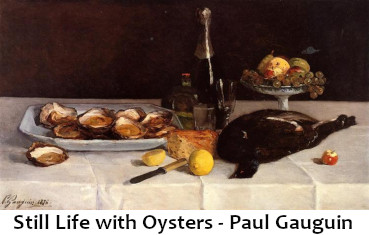Thomas Hardy? John Ruskin? William Stearns Davis? Apocryphal?

Question for Quote Investigator: Comedy and tragedy are sometimes intertwined. The prominent English novelist Thomas Hardy has received credit for the following remark:
Comedy is tragedy, if you only look deep enough.
This statement has also been ascribed to the influential English art critic John Ruskin. Would you please explore this topic?
Reply from Quote Investigator: The earliest match known to QI appeared in a letter Thomas Hardy sent to John Addington Symonds in 1889. Boldface added to excerpts by QI:1
I often begin a story with the intention of making it brighter & gayer than usual; but the question of conscience soon comes in; & it does not seem right, even in novels, to wilfully belie one’s own views. All comedy, is tragedy, if you only look deep enough into it.
Below are additional selected citations in chronological order.
Continue reading “Quote Origin: All Comedy Is Tragedy, If You Only Look Deep Enough Into It”







